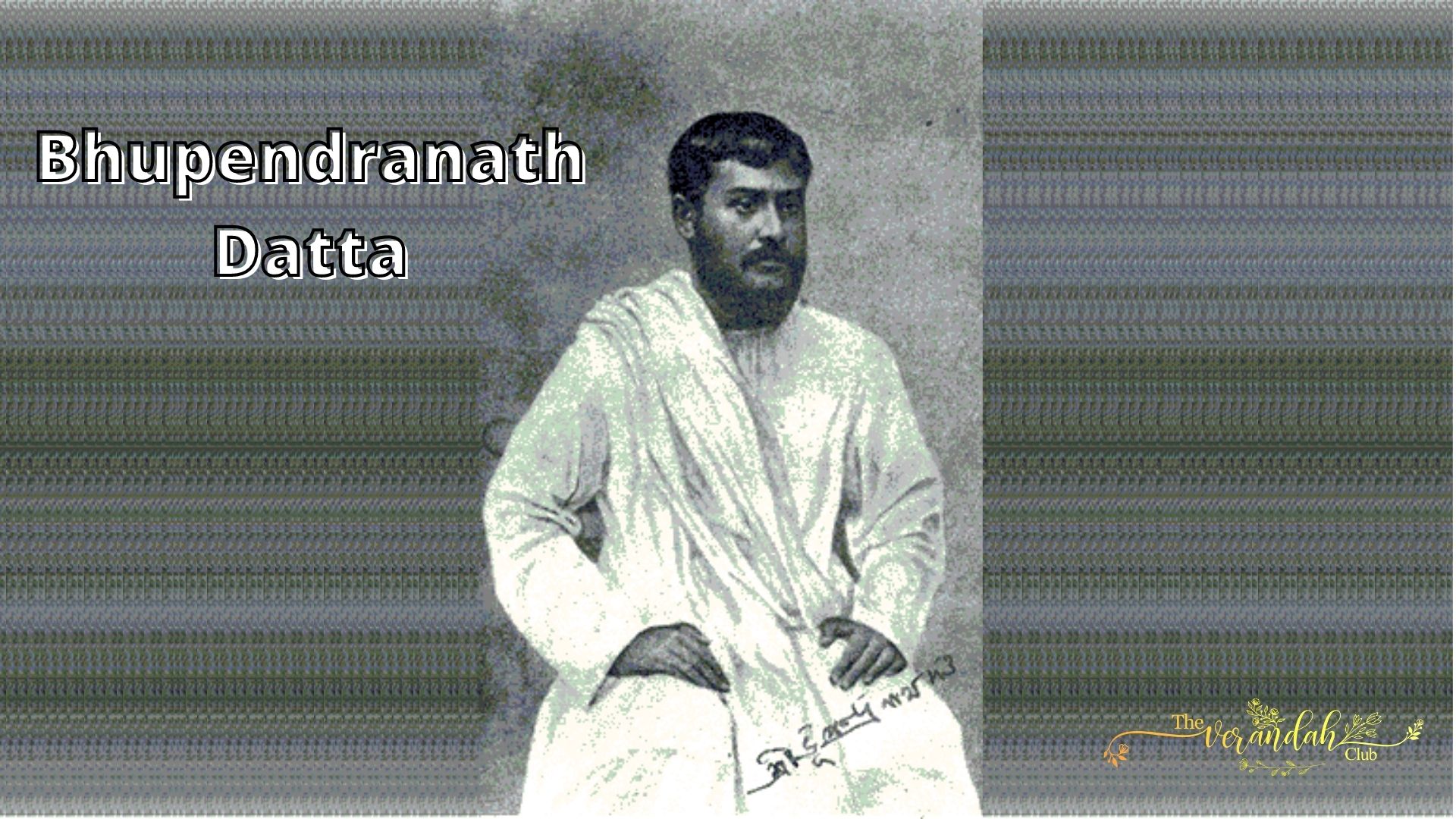
On 4th September, 1880, a young boy was born in the Datta family of Simla in north Calcutta. He was the 3rd and youngest son of Biswanath Datta, an attorney at Calcutta High Court. The boy was named Bhupendranath. Early years of Bhupendranath’s life were spent comfortably in wealth. But that changed in 1884 when his father passed away. The family was forced out of their ancestral home by other relatives and they moved to Bhupen’s maternal grandparents’ home.
Bhupen grew up in an environment of rising nationalism. Influenced by writings of Bankim Chandra Chattopadhyay and speeches of Swami Vivekananda, the Bengali youth was getting increasingly inspired to break the shackles of British rule and embrace freedom. In Bhupen’s own words, “The Bengali translations of Mazzini and Garibaldi by Jogendra Vidyabhushan and Bankim’s Anandamath ignited the Bengali mind. The more advanced amongst us would study European political thought, socialism and follow the efforts of Russian revolutionaries.”
When Bhupen was 22, another tragedy befell the family. His oldest brother, who had taken over the family’s reins after death of their father passed away at 39. It was bigger blow personally for Bhupen as he idolized his eldest brother. But the passions ignited in the young man would soon explode.
Bengal was sitting on a pile of combustible materials which was set to fire in 1905 when Viceroy Lord Curzon announced partition of Bengal Presidency along religious lines. Like majority of Bengali youth of the time, this was the trigger for Bhupen to throw himself into the cauldron of nationalistic movement. He was already involved with the Anushilan Samiti – a sports and exercise club with secret involvement in fostering armed revolution as a way to achieve independence. In 1906, the Samiti started publishing a journal called Jugantar which was their mouthpiece. Bhupen became a key player in running and editing of the journal. In time, a faction called Jugantar would form in the Anushilan Samiti which would go onto provide the lead in armed attacks on the British establishment.
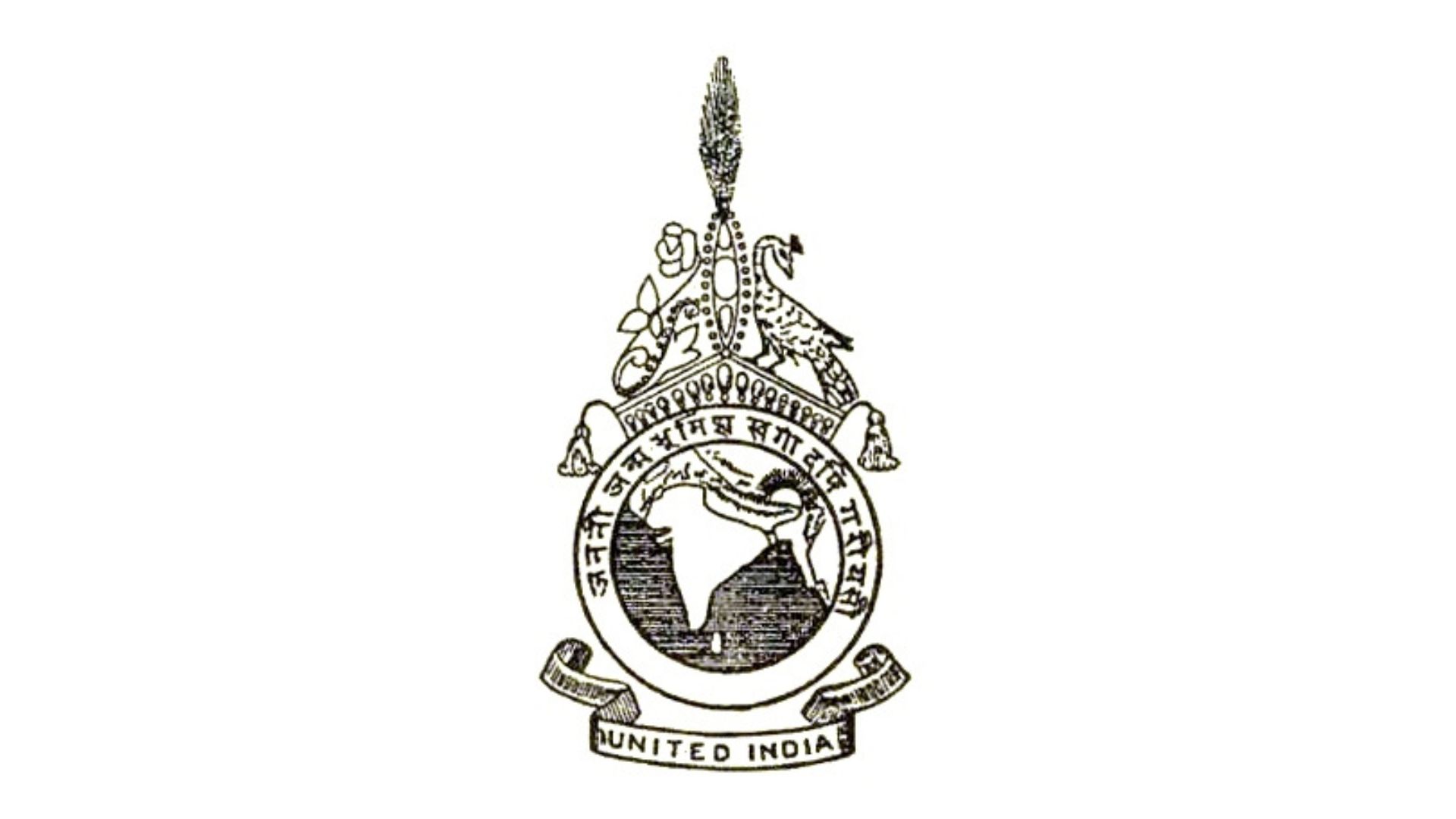
On 5th July, 1907, Bhupen was arrested and charged with preaching sedition through articles in Jugantar. During the trial, Bhupen said, “I am solely responsible for all the articles in question. I have done what I have considered in good faith to be my duty to the country. I do not wish the prosecution to be put to trouble and expense of proving what I have no intention to deny. I do not wish to make any other statement or any take any further part in the trial.” He was sentenced to one year of rigorous imprisonment.
Shortly after his release, Bhupen was sent to USA through efforts of Sister Nivedita and Sister Christine, two of Swami Vivekananda’s closest disciples. A ferocious crackdown had started against revolutionaries in aftermath of the Alipore Bomb Conspiracy case and they were worried Bhupen would become a target.
He arrived incognito in New York and enrolled at Brown University for his post graduation. He was deeply influenced by his professor of sociology, Lester F. Ward and joined the Bronx Park Socialist Club as well as attending lectures by American socialist leaders at Rand School of Social Sciences.
During the early years of 1910, Europe, specifically Germany was becoming the focal point of support for Indian independence aspirations. The German dispensation was happy to extend help to Indian revolutionaries in an aim to curb British colonial power. In 1914, shortly after completing his post graduation, Bhupen met the German consul in New York and offered to raise a voluntary corps from Indians settled in USA to fight for the Germans in the Great War. He also reached out to the Ghadar Party to explore collaboration.
In Berlin, Virendranath “Chatto” Chattopadhyay and Abinash Chandra Bhattacharya had formed the Berlin Committee (aka Indian Independence League). Bhupen moved to Berlin and became a full time member of the Berlin Committee. He would later serve as the secretary. The Berlin Committee actively worked on providing logistical support to leading Indian revolutionary leaders – prominent among them being Bagha Jatin in Bengal and Rashbehari Bose and Sachindranath Sanyal in northern India. A major plan was made for February 1915 – of an uprising across military cantonments in the subcontinent as well as south east Asia. Unfortunately, due to the treachery of a mysterious double agent, the plan was leaked to the British in advance. Bagha Jatin died in gun battle on the shores of Budi Balam in present day Odisha. Across India, scores of armed revolutionaries were arrested in what came to be known as “Hindu German Conspiracy” in later history.
Around 1917, with the tide of the war slowly turning against Germany, Bhupen and Chatto moved to Stockholm, Sweden and tried to establish contact with the Russian Bolsheviks. They hoped for assistance from Bolshevik Russia to help end British rule in India. In 1921, Bhupen travelled to Moscow as a member of a delegation of Indian revolutionaries and submitted his thesis to the Comintern. He also send memo to the Indian National Congress’ Naggpur session, urging the party to organize farmers and laborers and bring them into the nationalist movement, a plan suggested to him by none other than Vladimir Lenin.
In 1924, Bhupen decided to return to India after 16 years and immediately started working on organizing farming and laborer communities. He actively worked on bringing a socialist influence in the INC and toiled away to create greater awareness of farmers and laborers’ problems in the backdrop of the nationalist movement. He traveled all over Bengal province, speaking to youth, students, farmers and laborers, trying to imbue them with nationalistic sentiments and inspire them to rise in protests in an organized fashion.
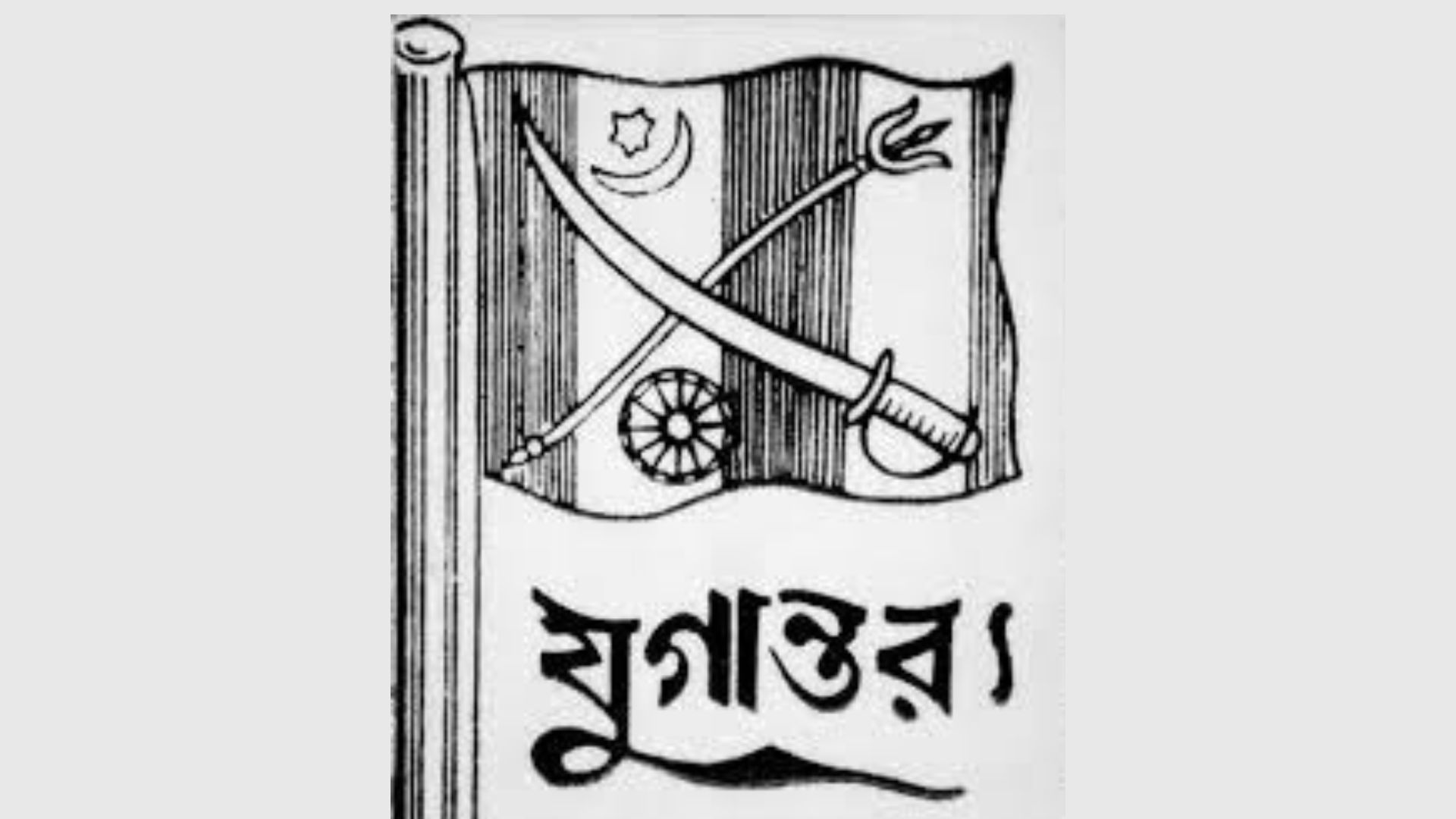
The late 1920s saw major labor unrest in Bombay’s textile mills and a harsh crackdown by the British administration on the striking workers. Bhupen sent a personal appeal to Jawaharlal Nehru for the Congress Party to provide legal help to the mill workers. He also played a pivotal role in setting up Meerut Defence Fund for this purpose.
Bhupen participated in the civil disobedience movement and salt satyagraha, courting arrest multiple times. Despite his advancing age, he remained committed to interests of oppressed classes like laborers and farmers. Bhupen was one of the founders of Calcutta Tramways Workers’ Union in 1927 and served as the President for several years. He also served as President of the Carters’ Union – set up to protect street hawkers and vendors and presided over annual conferences of Bengal Provincial Kisan Sabha from 1937 to 1940. During the Bengal Nagpur Railway (BNR) strike of 1927, Bhupen set up camp in Kharagpur and gave speeches to keep up the morale of the strikers. In the late 1920s, Bhupen was the vice-president of the All India Trade Union Congress for two years, deputizing to Nehru in the first year and Subhas Chandra Bose in the second.
During the horror days of the Bengal Famine of 1943, Bhupen led efforts to organize community kitchens and provide alms and relief across Bengal.
After independence, Bhupen refused the freedom fighter pension offered by the govt. of India. He and his 2nd brother lived in their ancestral family with some tenants. Their meals were provided by the tenants. The brothers lived an inconspicuous life. In 1961, Bhupen passed away at the age of 81.
Perhaps it was destined that Bhupendranath Datta would dedicate his life to the nation’s cause. After all, he had the best teacher possible in his formative years – his eldest brother Narendranath Datta who the world knows better as SWAMI VIVEKANANDA.
Source: https://www.livehistoryindia.com/story/people/bhup
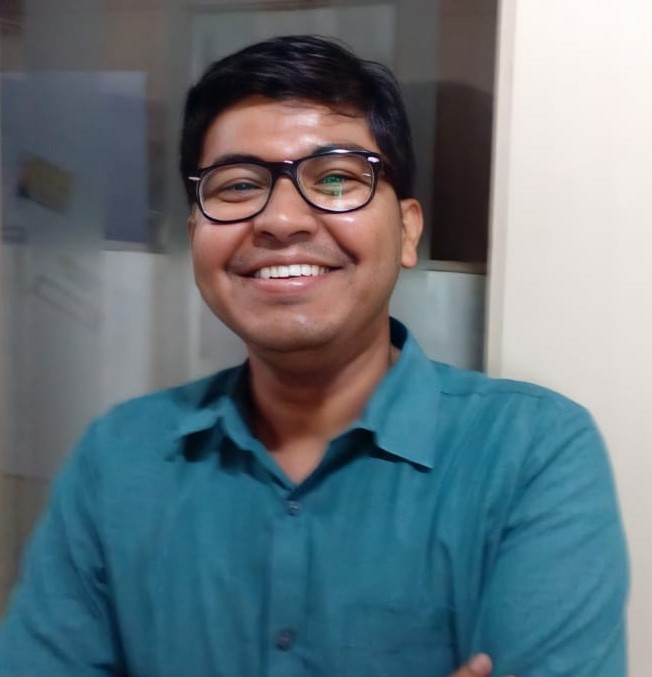
Based out of Kolkata, Trinanjan is a market researcher by profession with a keen interest in Indian history. Of particular interest to him is the history of Kolkata and the Bengal region. He loves to write about his passion on his blog and also on social media handles.
NEXT ARTICLE

At the southernmost tip of this mesmerising ensemble lies the majestic Great Nicobar Island, boasting an impressive landmass of about 910 square kilom...
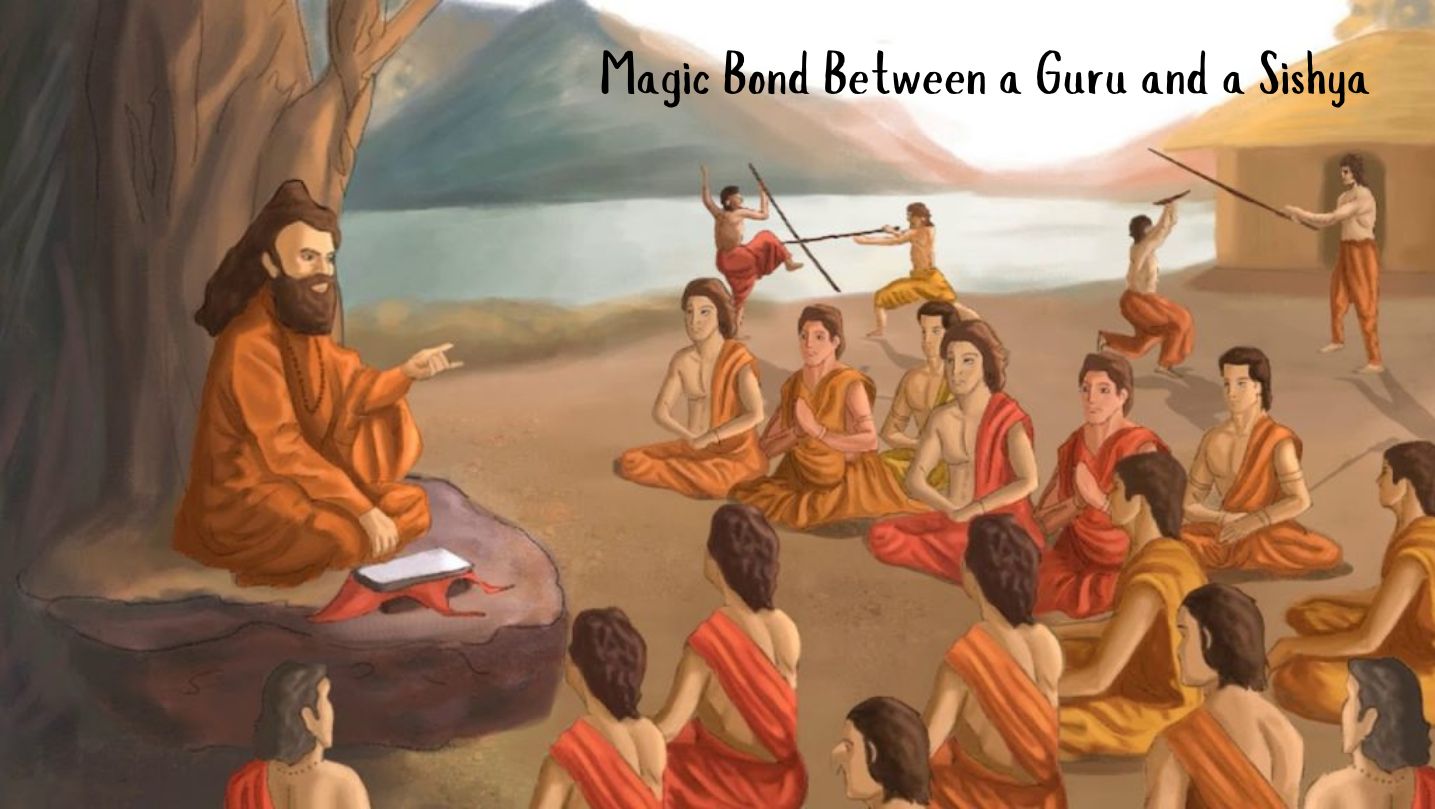
Bharath has always been a land traversed by spiritual masters/ Guru since time immemorial. These spiritual masters have always upheld the core princip...
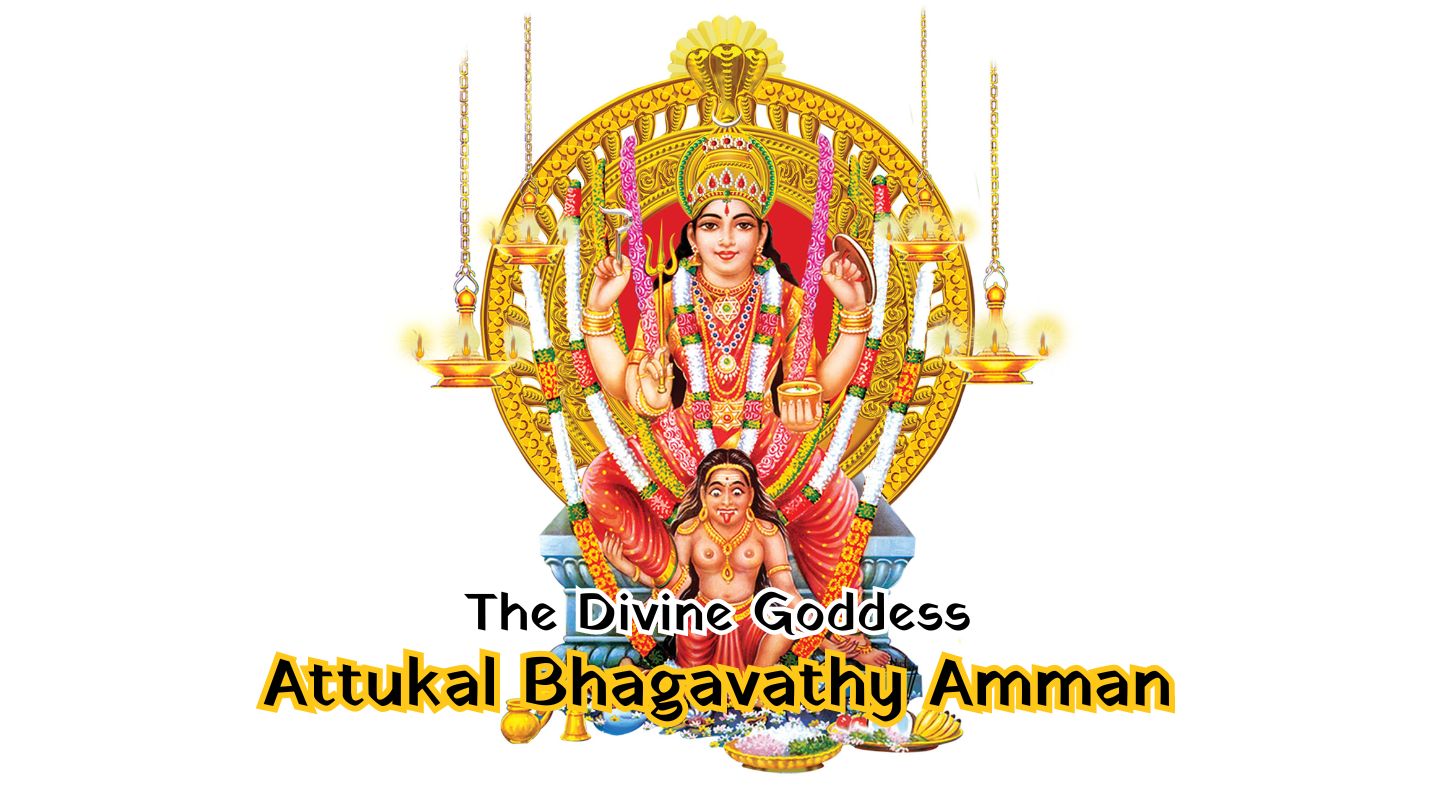
South India contains its fair share of unique pilgrimage centres. These divine places of worship have a prominent Sthala Purana, devoted followers, di...